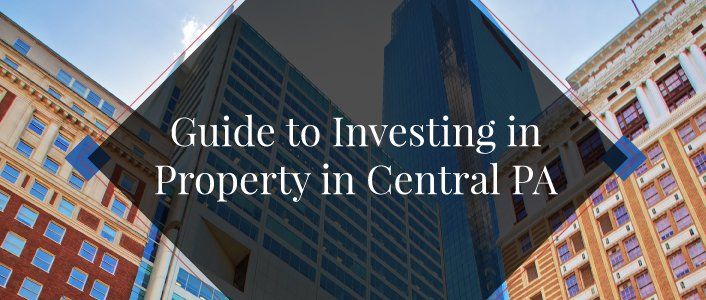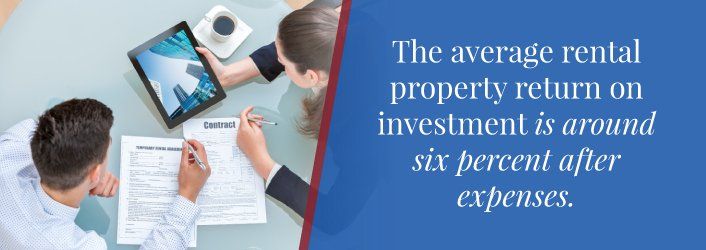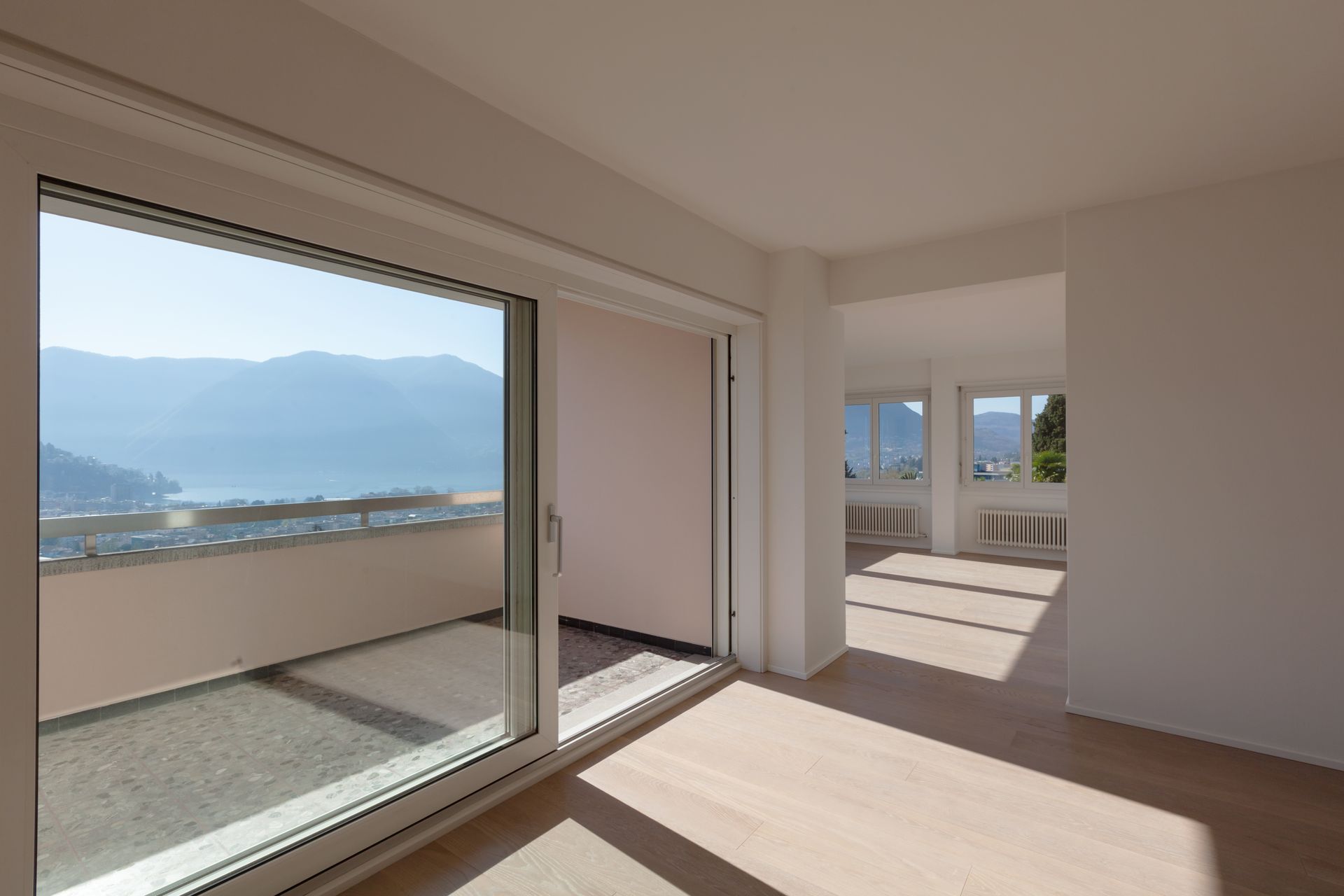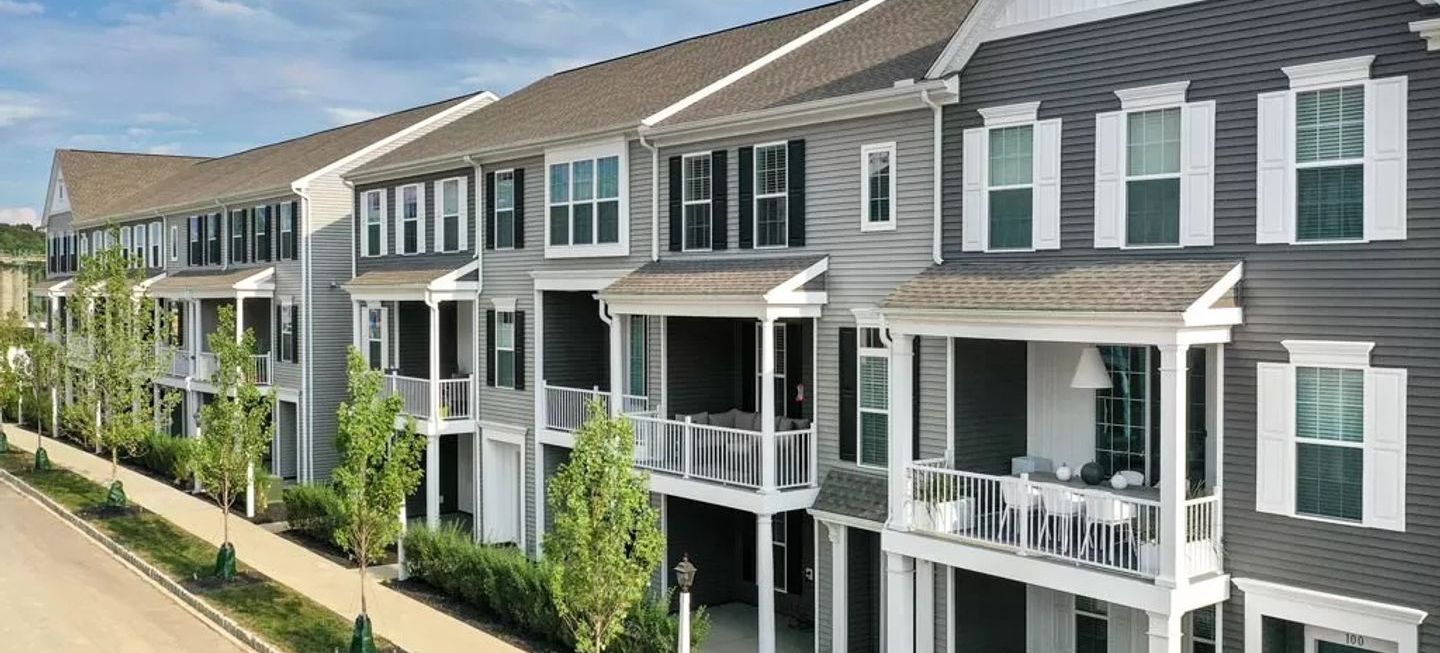Guide to Investing in Property in Central PA
Guide to Investing in Property in Central PA
Plenty of people look at buying rental properties or investing in real estate as a way to earn extra income. While the money you make from rental properties is often called "passive income," in reality, there isn't much that's passive about it.
Whether investing in rental property in PA is worth it for you or if you're better off choosing another option for your money depends on several factors. Do your diligence when checking out renters, or hire a property management company to take care of the details for you.
Table of Contents
Why Choose Central Pennsylvania?
Whether you're considering buying your first investment property or want to add additional real estate to your portfolio, Central Pennsylvania is an excellent place to invest. The region includes a variety of beautiful landscapes, ranging from cities to pastoral sceneries by the Susquehanna River Valley.
A good selection of small to large communities in this region accommodates the desire to live in countryside properties, suburban neighborhoods or urban settings. No matter which type of scenery you prefer, some of the most popular activities in Central Pennsylvania include going on nature trails, exploring farmers markets, shopping in quaint towns or visiting the famous Hersheypark. These natural, cultural and historic attractions help draw in tourists and residents alike.
Keep in mind that each state has its own rules when it comes to rentals and lease laws. For example, in Pennsylvania, your lease must make certain disclosures and contain clear information about paying rent and late payment fees. Set yourself up for success, not failure!
Low Investment Cost
Compared to other real estate markets, the investment cost here is low. You can find a suitable starter property without financing too much of your investment. When your rental income covers your mortgage payments and you begin to create a passive income, enjoy brainstorming your rental property goals of what you want to do in Central Pennsylvania next. Think about your short-term and long-term plans.
While the prices for investment properties in neighborhoods here are reasonably low, the renting rates are decent and continue to climb. These favorable conditions allow you to benefit from cash flow and build your wealth over time.

Should You Invest in Property?
Although there might be times during your career as a landlord when things go so smoothly that you forget that you've even got tenants or a rental property, at other times, it can seem like everything goes wrong all at once.
In real life, things aren't so easy. If you've already got a jam-packed schedule, buying an investment property with tenants might not be the best option unless your plan includes a full-service property manager such as Harrisburg Property Management Group.
Sure, there might be months when your tenants don't need you. But then again, there will also be months when you need to be available to them around the clock. These are months when a quality and reputable property manager is invaluable.
What Type of Investor Are You?
That said, not everyone falls into being a landlord or investing in real estate by choice. Some people become investors by necessity. In Central PA, we have identified three types of real estate investors. Knowing which category you fall into will help you make the right decision about buying and renting property.
1. Landlords by Default
Pennsylvania didn't escape the housing market bubble and crash. Between 2001 and 2006, home prices in the state rose by 54%. By the second quarter of 2008, home prices fell by nearly 7% compared to the year before and only continued to decline well beyond 2010-2011.
As a result, many people who bought houses before the recession and wanted to sell couldn't, because they would lose so much money or were not capable of funding the deficit of their upside-down mortgage. So, instead of selling, they started renting out the homes, waiting for the day when a sale would let them break even or get to a level they could fund the deficit.
2. Landlord by Design
Unlike a landlord by default, who started renting because it was the only option, a landlord by design is someone who buys a home, lives in it for a short period and then moves out and into a larger property or something more fitting for their long-term plans.
Instead of selling the "starter home," this landlord decides to hang onto it as a rental property, which was their original plan when they purchased the starter home.
3. Purposeful Landlord
A purposeful landlord is another landlord by choice rather than default. This type of landlord is a typical investor, an individual who buys homes with the goal of investing for the future or creating a source of income. They often own several rental properties in different neighborhoods. People who inherit a house and decide to rent it out rather than move in or sell are also considered purposeful landlords.
Since each type of investor has different goals and concerns, the advice that makes sense for each of them will be slightly different. When considering your rental property investment strategy, what questions you ask yourself will vary based on the type of landlord you are.
Research the Local Real Estate Market
When investing in rental properties, asking the right questions can help ensure you make a sound investment. Here are 10 key questions to ask when buying investment property — especially if you are a first-time investor:
- What are the local market trends?
- Is the property located in a high-demand and lucrative area?
- Are there any planned developments nearby that could impact property value?
- What's the average income rental in this area?
- What are the estimated property taxes and insurance costs?
- What are the maintenance costs, and how often are they likely to arise?
- What is the property's current condition? Does it need immediate repairs?
- How old are the key systems — HVAC, plumbing and electrical?
- Who will manage the property and what are the associated costs?
- How much hands-on involvement do you want, or is hiring a property manager a better option?
Work With Local Real Estate Professionals
Harrisburg Property Management Group provides quality property management and has a great deal of knowledge of property in the Harrisburg area.
Some of the benefits of having a real estate agent and property manager include the following services:
- Collecting rent
- Tenant issues
- Property inspections
- Quality tenants
- Marketing
- Coordinating evictions
When choosing an estate agent or property manager, we recommend doing your research first, getting referrals from other investors and looking for a proven track record.
Factor in Maintenance and Management Costs
You need to think about how much management and maintenance fees will cost. We recommend the following tips for cost-effective property management:
- Auditing your expenses
- Budgeting
- Automating your processes
- Prioritizing tenant retention
- Evaluating your insurance coverage
In addition to having enough money to pay the mortgage and other property fees each month, it's a good idea to have an emergency fund dedicated to property repairs. You never know when an appliance will break or when a tenant might cause some damage.
Many times, new investors are so anxious to make a deal that they put on their optimistic glasses and severely underestimate expenses and overestimate income potential. Do not make the numbers fit the deal just to do the deal, run the numbers until you find the right deal that fits the numbers.
How Much Maintenance Can You Handle Yourself?
Knowing how much maintenance you can handle or are willing to take on yourself can influence not only whether you buy an investment property but also how you manage it. If you are a DIY type and love to fix things, then you might be happy acting as an independent landlord.
If you'd rather separate your investment property from your personal life, it might be a better option to hire a property management company. A property management company can respond to your tenant's needs at 3 a.m. and can arrange for repairs and uptake as needed.
Consider Tax Implications
Underestimating how much it costs to buy and rent a home is one of the main mistakes new investors make. When looking at the cost of owning a property, you need to look beyond the price of the home. There's also the cost of utilities and taxes, plus the cost of any surprise repairs and maintenance. There are county-specific rates, but the average rate of property taxes is between 0.87% and 2.45%.
Remember that you can deduct many professional costs associated with rental properties, like management fees and repairs during tax season. These can reduce your overall tax liability and help you save money, which is another reason why investing in the real estate market here is a smart choice with many perks.
Is Pennsylvania a Good State to Invest in Real Estate?
Yes, Pennsylvania is a solid choice for real estate investment, thanks to its diverse economy and strong rental demand in many areas. The pros of investing in this state are:
- Strong rental demand
- Tourism and short-term rental
- Growing markets
What Is the 1% Rule in Property Investing?
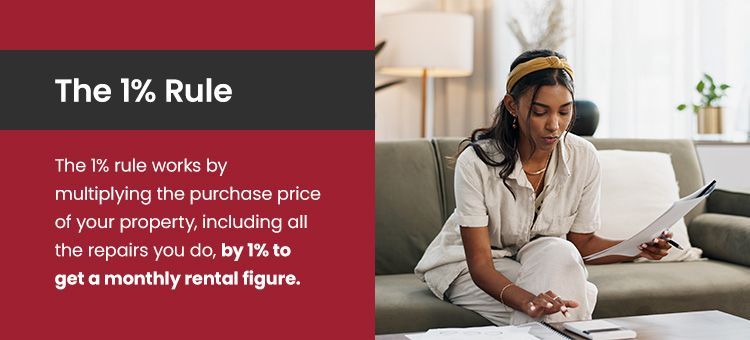
The 1% rule works by multiplying the purchase price of your property, including all the repairs you do, by 1% to get a monthly rental figure.
This guideline helps make sure your rental income covers your mortgage payments and other operating expenses. The benefit? Positive cash flow.
Why Trust Us for Property Management?
Owning a rental property involves a lot. You need to know what to charge for rent and find reliable tenants to live in the home. Once you've gotten the tenants, you need to be sure that someone is there to respond to their needs or any problems at all times of the day.
The good news is that you don't have to go it alone as a landlord. Whether you're a landlord by default, a landlord by design or a purposeful landlord, Harrisburg Property Management Group can help you with everything involved in renting properties, from tenant screening to rent collection to property maintenance to tenant eviction.
We were founded in 2011 by investment property owners who understand what it takes to maintain a rental property. Let us partner with you to help your rental reach its full potential.
Set Yourself up for Renting Success
Contact us today to see how we can help you get the best ROI from your rental property. We are experts on how to get started in rental properties.

